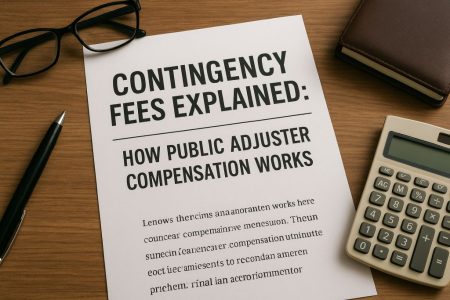When selling a property with a delayed settlement, it’s important that you understand exactly what you’re responsible for and the potential challenges that can arise. A longer settlement period can affect your finances, legal obligations, and the way you manage the property, so being prepared is essential to avoid complications.
Financial Implications
Until settlement is complete, you remain financially tied to the property. This means you are responsible for ongoing costs such as insurance, council rates, and utilities. If the property will be unoccupied during the extended period, you need to check that your insurance covers unoccupied dwellings; otherwise, you risk gaps in protection.
Additionally, the sale proceeds are tied up until settlement, which can create a significant opportunity cost, affecting your ability to reinvest in another property or pursue other financial opportunities. Being aware of these financial implications helps you plan ahead and avoid surprises.
Risk of Market Changes
Even after the contract is signed, property values can shift. While your agreed sale price is usually fixed, market changes can create complications, particularly if the buyer’s financing is impacted.
You should be prepared for the possibility that a buyer might try to renegotiate the terms or, in rare cases, withdraw. Taking steps to protect yourself contractually and being aware of potential risks ensures that you remain in a secure position throughout the settlement period.
Legal and Contractual Responsibilities
During a delayed settlement, your responsibilities don’t end with signing the contract. You remain accountable for the property’s condition, meaning you need to maintain it and address any damage that occurs.
Your contract should clearly define obligations regarding property access, maintenance, and liability for incidents that arise before settlement. Including clauses that specify penalties for failing to settle on the agreed date can also help protect you. By staying on top of these responsibilities, you can prevent disputes and ensure a smoother process.
Communication and Documentation
Clear communication with the buyer and your legal representatives is critical. Keep detailed records of all correspondence, agreements, and inspections during the extended settlement period. Any verbal agreements should be confirmed in writing to avoid misunderstandings.
You can also take advantage of specialised services such as Real Future long term & delayed property settlements, which guide you through managing communications and documentation effectively. This support helps ensure that all responsibilities are recorded and that nothing falls through the cracks before settlement.
Planning for Occupancy and Vacating
If you plan to vacate before settlement, careful planning is essential. You need to coordinate access arrangements, organise temporary accommodation, and ensure your belongings are safely stored.
At the same time, the property must remain secure, and any tenants—if applicable—should be managed according to the contract. By thinking ahead, you can minimise disruption and protect both your interests and those of the buyer.
Navigating the Final Stretch with Confidence
Managing a delayed settlement requires attention to detail and careful planning. You need to stay on top of ongoing costs, maintain the property, enforce contractual protections, and document everything clearly. Being proactive in these areas allows you to navigate an extended settlement with confidence, reducing the risk of complications and ensuring a smoother handover when the property officially changes hands.






